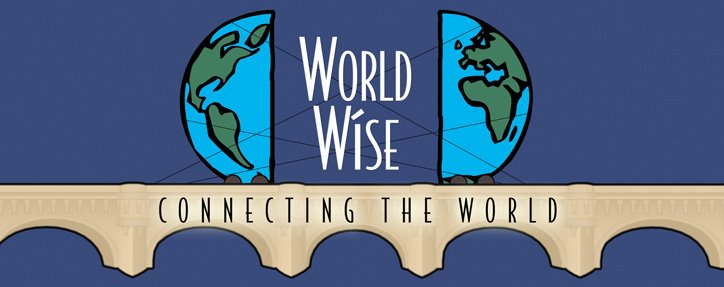Have you noticed that the standard (American) response to
the words Thank You is no longer only “You’re welcome”? More and more often the response I hear
is “Of Course!” which I interpret as: “Of
Course I was happy to help you.” Help could include being available for an interview
on their podcast, opening a door for you, making the introduction that you needed, or
any action that brought about the initial Thank You.
As I thought about this I did a little research and
discovered that there are multiple ideas about how to respond to Thank You –
besides You’re Welcome or Of Course!
The site espressoenglish lists ten replies including
No problem. My pleasure. Anytime. And Glad
to Help. Check it out: 10 responses to thank you
And for a very different perspective on a reply, read Adam Grant’s
piece “Why you should stop saying You’re Welcome” in Psychology Today. He suggests “So next
time someone expresses appreciation for your help, it might be worth stretching
beyond politeness to ask them to pay it forward – (saying) I know you’ll do
that for someone else. Adam Grant's article.
Whatever approach you select, it's always good to acknowledge the Thank You that your receive.









